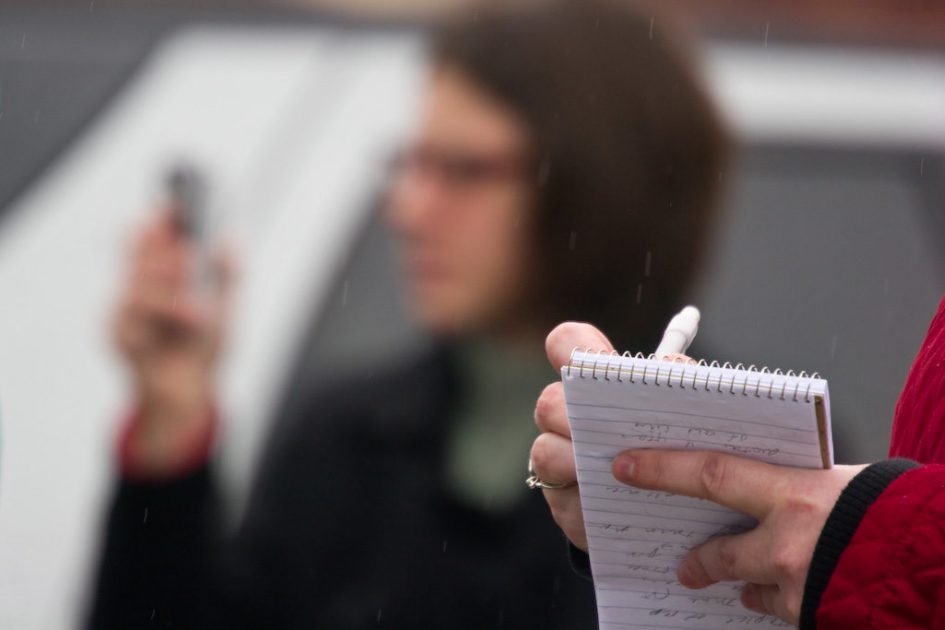
SARAJEVO, June 22, 2020 – More than 10 percent of female journalists in Bosnia and Herzegovina have lost their jobs and/or income since the beginning of the COVID-19 pandemic, according to a survey on the impact of COVID-19 on the position of female journalists in BiH, conducted by the BH Journalists Association on a sample of 150 women journalists from across the country.
As many as 62.5 percent of female journalists stated that the scope of their work tasks increased significantly during the pandemic – 33.3% of respondents stated that their work obligations increased to 50 percent, while 5.4 percent of them worked twice as much as before the onset of a pandemic. However, despite the increased scope of professional tasks, only 13 percent of the surveyed journalists were paid extra for their work, while the rest remained to receive same salaries as before.
When asked how their work was affected by the COVID-19 pandemic, most of the interviewed female journalists emphasized increased anxiety and stress and a change in the topics they had been reporting on until then. 29.6 percent of respondents complained about poorly organized press conferences of crisis headquarters and competent institutions. Difficulties in finding independent sources of information (18.3%) were also a big problem in their work.
More than 77% of women journalists stated that their mental stability and mental health were impaired during the crisis situation caused by the pandemic, and 25% of them stated that their physical health was impaired. The predominant emotions were fear of infection (42.1%), nervousness (50.7%), occupational stress (56.4%), burnout at work (23.6%) and fear for their family (48.6%).
About 18.2 percent of female journalists requested protective equipment (masks, gloves, disinfectants …) from professional organizations /associations. Around 4.2 percent of them sought protection due to attacks or threats they received, and 1.4 percent sought access to free legal aid.
These are some of the answers of the interviewed journalists to the questions what was the most difficult problem for them since the beginning of the crisis situation due to COVID-19, and why they think that female journalists, and women in general in the media, are more affected by the pandemic than their male colleagues:
“I never knew when I should go to work, when the Crisis Staff would invite me to the press conference, everything happened in five minutes, the phone was constantly ringing. Only stress and more stress. “
“The most difficult thing is that the media owners used the pandemic as an excuse for layoffs because there was no real need to dismiss media workers.”
“It is difficult for a woman to organize work from home. Her private and business obligations are intertwined, so most of them probably found themselves in the position that the weekday lasts from morning until late at night. “
In general, even before the pandemic, women were always exposed to greater public pressure, more frequent attacks and restrictions and obstruction of their work, according to one of the interviewed journalists:
“It simply came to our notice even more with the pandemic. Unfortunately, I have witnessed many situations, like most of us, that they have been exposed to many pressures, gender-based insults, name-calling, and even violence. “
The largest number of surveyed journalists feels that direct financial support would be most useful to them in the coming period, but also psychological support, help and education, medical assistance and strengthening of physical health and free legal aid.